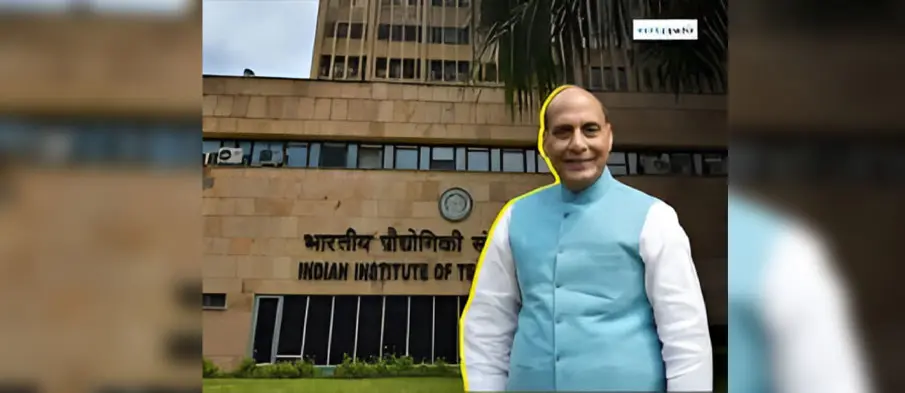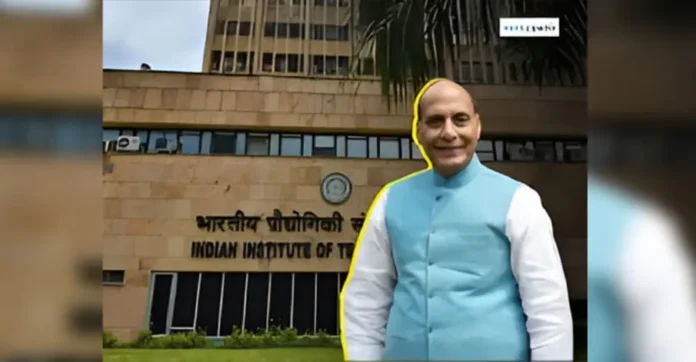
In a significant leap for India’s quantum cybersecurity capabilities, the Defence Research and Development Organisation (DRDO) and the Indian Institute of Technology (IIT) Delhi have successfully demonstrated quantum secure communication using entangled photons over a free-space optical link spanning more than one kilometre.
Conducted within the IIT Delhi campus, the experiment achieved a secure key rate of around 240 bits per second, with a quantum bit error rate (QBER) below 7%. This milestone marks a pivotal advancement in the development of India’s future quantum communication infrastructure.
The breakthrough was achieved under a DRDO-funded project titled “Design and development of photonic technologies for free space QKD”, led by Professor Bhaskar Kanseri’s research group at IIT Delhi. The experiment highlights the capabilities of entanglement-assisted Quantum Key Distribution (QKD), a technique that enables real-time, unbreakable encryption and allows for immediate detection of eavesdropping through monitoring of quantum disturbances.
Unlike traditional fibre-optic communication systems, this free-space approach eliminates the need for costly and complex fibre deployment — especially in challenging urban or remote environments — making it highly scalable for secure applications in military, financial, and national communication networks.
This achievement aligns with India’s broader strategy to advance indigenous quantum technologies. DRDO is actively supporting multiple initiatives, including a 100 km QKD demonstration over telecom fibre and the establishment of 15 Defence Innovation Accelerator Centres of Excellence (DIA-CoEs) at premier institutions like the IITs and IISc.





